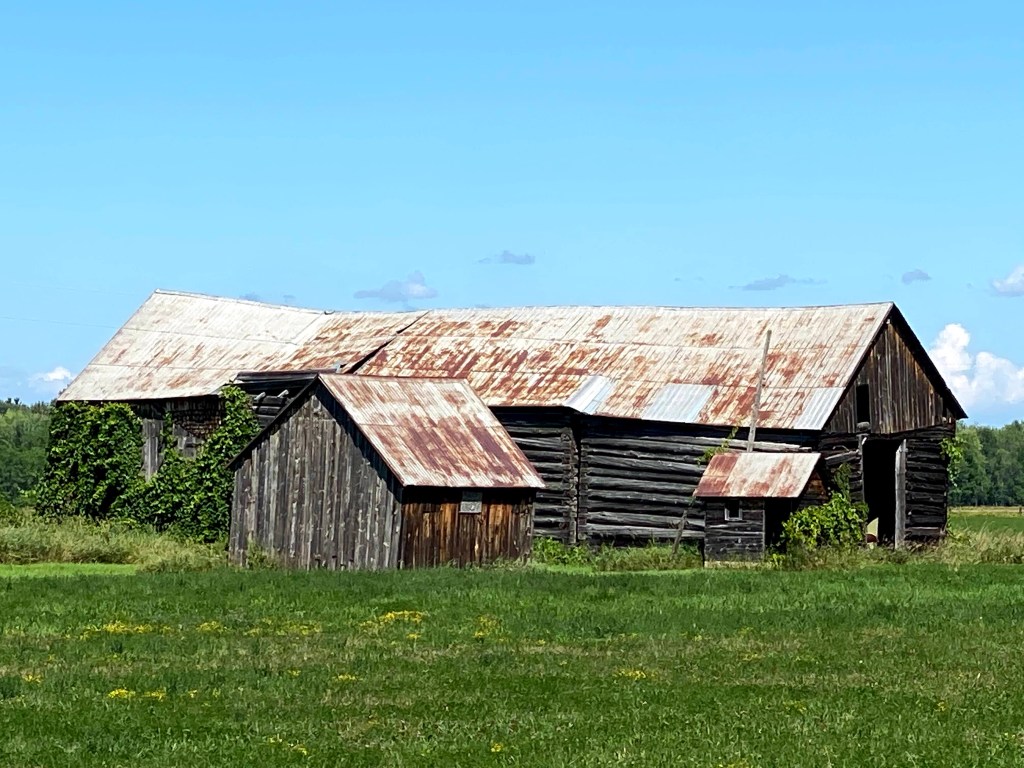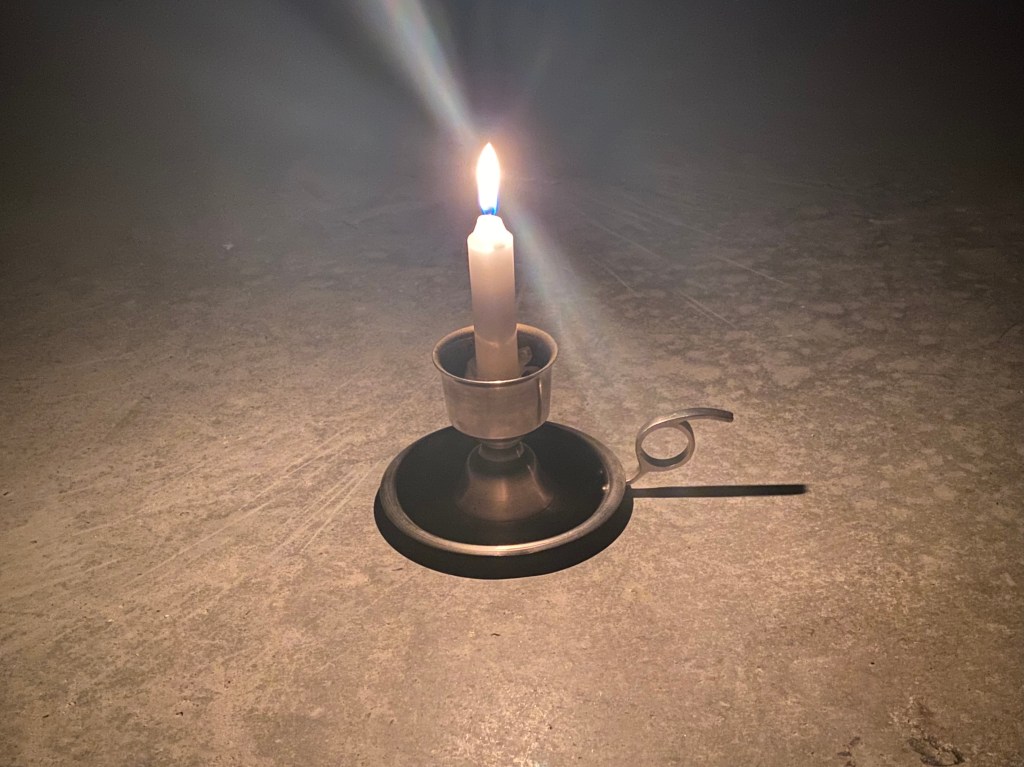
“… and all flesh shall see the salvation of the Lord” concludes the Gospel for this Second Sunday of Advent.[1]
All flesh.
We continue today to construct the home for the coming of Jesus. Last week we started with the foundation of love, which defines all that we do to build for Christ.
This week, our house takes form by creating space. This space is not just on a one- or two-dimemsional plane, but in three dimensions. The house grows upward from the ground. Our building creates space in height, depth and breadth. Our building leaves a footprint on the earth. It claims a part of the ground upon which we live, breathe and have our being.
As soon as we place candles on the circular, evergreen form, the Advent wreath takes shape. The candles give it height and form. You have to make space for it wherever you place it. Because when those candles burn, there needs to be enough room above the wreath as well.
And the candles are what really give your wreath character. Because there are thin, tapered candles, there are round, bulb-shaped candles, there are stalwart, pillar candles of varying height and thickness. Some wreaths have purple candles, others have red candles, more are now blue candles. And with any of the above options, some will have one pink candle thrown in, and even others, add a white one in the centre. There are no two advent wreaths alike. And every one has an important meaning to convey, an important truth to demonstrate, a part of the story of Advent to share.
As we build for Christ coming, then, who will occupy this space? Only those who are alike? Only those who will express their faith in the same way?
When I look at the frame of this house we are building, I notice that it is not just for people. It is a barn. A stable, where animals feed and find shelter. It is their home. Some of my favourite children’s Christmas books are told from the perspective of the animals in whose barn Jesus was born.[2] Those who witness the holy birth are not just people. But all creatures great and small.
Who will occupy this space? All flesh shall see the salvation of the Lord.
Which means, different perspectives. Different life experiences from which to receive the good news of Christ coming. Different needs, different takes, a multitude of ways of appreciating the glory of God in simple, ordinary lives.
And not just for one. Not just for the elite, and the privileged. The house we build for Christ includes all flesh, all creation is welcome to witness the glory of God.
Because animals are an important part of the story of Jesus’ birth in Bethlehem—the sheep, the camel, the cows and other barnyard creatures, I’d like to tell you now about a duck who can teach us something about living in stormy times—not unlike the treacherous times under “Emperor Tiberius, when Pontius Pilate was governor of Judea, and Herod was ruler of Galilee”[3]
Here’s a poem called “The Little Duck”, written by poet and professor at the University of New Hampshire, Donald C. Babcock:
“Now we are ready to look at something pretty special.
It is a duck riding the ocean a hundred feet beyond the surf,
And he cuddles in the swells.
There is a big heaving in the Atlantic.
And he is part of it.
He can rest while the Atlantic heaves, because he rests in the Atlantic.
Probably he doesn’t know how large the ocean is.
And neither do you.
But he realises it.
And what does he do, I ask you.
He sits down in it.
He reposes in the immediate as if it were infinity – which it is.
That is religion, and the duck has it.
I like the little duck.
He doesn’t know much.
But he has religion.”[4]
The duck’s way of being way out there beyond the surf reveals to us how to live faithfully in a time of watching and waiting, in a time of disruption and upheaval, amidst the storms and waves that threaten to upturn and drown us.
The little duck must be dwarfed in the face of the vastness rising and falling around it. But not only does the duck seem unconcerned; the duck “cuddles in the swells”. It is as if the duck embraces where it is, tender in the midst of it all, a part of it. The duck belongs and can rest while the Atlantic heaves. Here we witness the “wondrous juxtaposition”[5] of the restlessness of the ocean and the peace that remains possible for the duck.
In the scriptural imagination of Jewish and Christian traditions, the ocean signifies chaos—the forces of disorder that threaten to overwhelm the bounds within which our lives are secured.[6] The ocean can also signify the vastness of God’s being which we cannot know nor see the limits of.
In the face of this oceanic, boundless bigness of both God and chaos, what is our puny existence? Like the duck’s, our lives are towered over by forces we have no capacity to contain, by storms we cannot master. What is our response?
Our inclination, when we realize our situation, is to panic or struggle. Yet, the duck does neither of these things. For there it is, far out from shore, cuddling in the swells, and at rest. The duck is not fighting it, the duck is in communion, at one, with the whole.
Knowing is not the point. Our strength to fight it is not the point. Trusting is, and being in the present moment with all that is, is.
Because all of it belongs. We are all—all creation—held in God. Every perspective. Every experience we and others have. Every place and time. The ocean is vast and all flesh belongs. And the Psalmist reaches time and time again for this truth, to comfort us, to deepen trust as “deep calls to deep”: There is no place on earth, nowhere I can go, no one removed, “no where to flee from your presence”, O God.[7]
“If I take the wings of the morning and settle at the farthest limits of the sea, even there your hand shall lead me and your right hand shall hold me fast.”
When I travelled through the Judean wilderness on the road from Jericho up to Jerusalem years ago, we stopped along the way as groups of nomads made their way across the desert. And the interesting thing was the way their tents were constructed.
These tents had walls like any tent. But every wall was also a doorway—you could roll up the canvas to make it look like an open patio canopy. Among other reasons, I learned that semitic people consider eating together as a sign of reconciliation and forgiveness.
The more you could have in your tent at mealtime, the better it was for the whole community wandering through the desert: A house with no walls, and many ways in.As we build a house for Christ to come this Christmas, we build by creating space for everyone. The space we occupy, therefore, has room—room for all who find their way here. This is also room that beckons us not to circle the wagons but to widen the circle. And we do so trusting that God is in it all, even in the waves, that God is present in love for all.
[1] Luke 3:1-6
[2] Eve Bunting, We Were There: A Nativity Story (New York: Clarion Books, 2001); Jean Little, Listen, Said the Donkey (Toronto: North Winds Press, 2006); Jean Little, Pippin the Christmas Pig (Toronto: North Winds Press, 2003); Martin Waddell, Room for a Little One: A Christmas Tale (Toronto: Margaret K. McElderry Books, 2004); Karma Wilson, Mortimer’s Christmas Manger (Toronto: Margaret K. McElderry Books, 2005)
[3] Luke 3:1
[4] Donald C. Babcock cited in Sarah Bachelard, Poetica Divina: Poems to Redeem a Prose World (Singapore: Meditatio, 2021), p.57
[5] Sarah Bachelard, ibid., p.60-61
[6] Ibid.
[7] Psalm 42:7; 139:7-10




